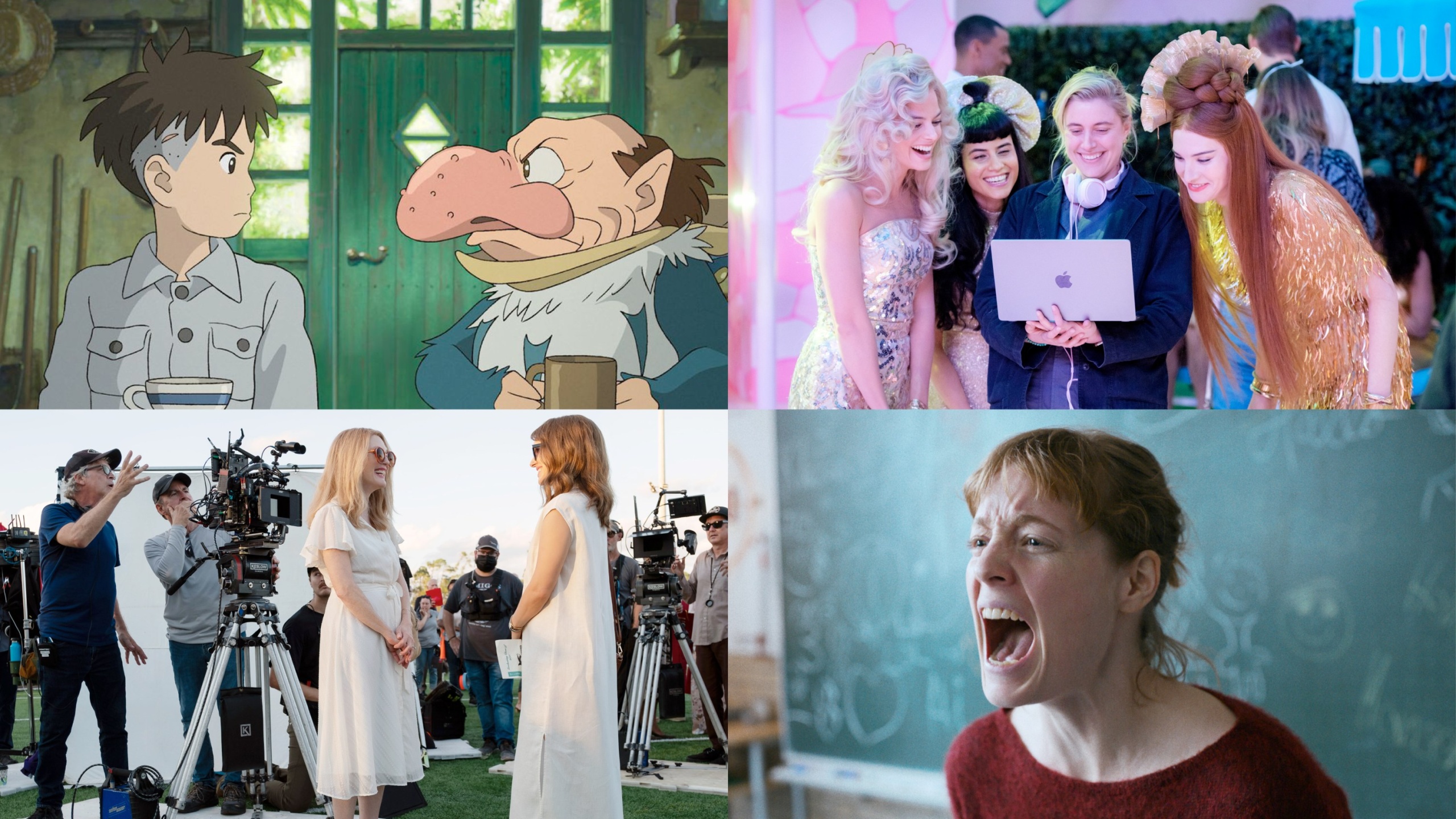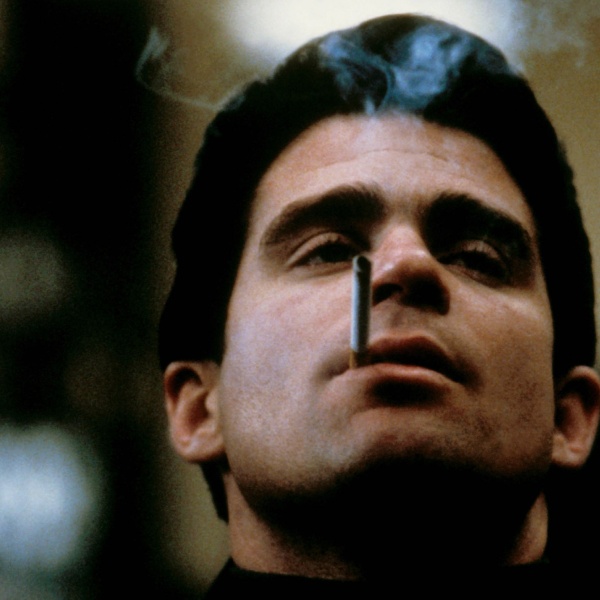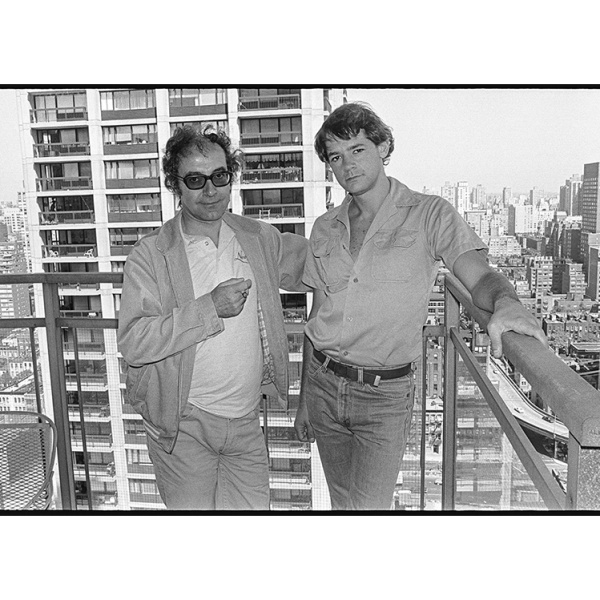
Welcome to the feverish final moments of this year’s Oscar campaign season! With voting (finally) ending later this evening — mere hours after this article is first published — Hollywood and its biggest names and brightest talents will finally be able to take a breath after months of premiering, screening, interviewing, chatting, and awards show-ing. All across the land, cries of “pencils down!” shall ring out (who, we’d love to know, is still doing their voting with pencil?), and the town will grow temporarily quiet, at least until it’s time to lace up for Hollywood’s biggest night, nearly two blessed weeks away. (You can catch up on all of the nominations right here.)
But even if no actual campaigning happens during that fallow period, plenty of prognosticating will still be rolling out, and in hopes of (somewhat) avoiding that kind of idle chatter, some of the editors of IndieWire have taken on a different ask. Not who will win, or even who should win, but who we personally want to win.
That was the ask that set this article in to motion: if you were picking the Oscars, name the winner you desire the most, in any category you see fit.
The answers? Surprising (a plea for a Best Sound contender, a demand for an unexpected international pick), contentious (two IndieWire staffers took on the Best Animated Feature category, with very different dream winners), and even just sort of sweet (a bid for Paul Giamatti that’s as oddly cozy as the very film he stars in). These may not be the “right” answers — surely, anyone reading this has their own picks very much in mind — but they’re the ones we somehow haven’t kicked even during our seemingly endless trudge along the Oscars campaign trail.
The 2024 Oscars will take place at the Dolby Theatre in Los Angeles on Sunday, March 10. Late night comedian Jimmy Kimmel will once again serve as the host, with the telecast streaming at 7 p.m. ET on ABC.com, Hulu Live TV, and YouTube TV in addition to broadcast.
Anne Thompson, Marcus Jones, David Ehrlich, Erin Strecker, Ryan Lattanzio, and Mark Peikert also contributed to this article.
-
Best Adapted Screenplay: “Barbie”

Image Credit: Warner Bros. Let’s put a twist on it: We’re not going to consider the definition of “adapted” or “adaptation” in the literary or cinematic sense; we’re going in on the biological version. “Adaptation: a change or the process of change by which an organism or species becomes better suited to its environment.” Is there a better example than Greta Gerwig and Noah Baumbach’s “Barbie” script?
As Baumbach told our own Anne Thompson, when he heard that he and Gerwig, his partner in both life and creativity, were writing a “Barbie” film, his reaction was understandable: “That’s a terrible idea.” And it was, at least at first blush: a movie about the doll? The doll? But, put into Gerwig and Baumbach’s capable (read: funny, sharp, clever, wacky, smart, ingenious) hands, this all seemed ripe for reinvention, for adaptation, to make something better suited for the environment (read: a multiplex and an audience begging for something new).
So, yes, a film about a doll. A script about a doll. Something totally new and fresh and so necessary, and proof of how profoundly the spirit of adaptation can alter what we thought we knew. No matter which category Gerwig and Baumbach’s script landed in, it succeeds because it’s the year’s best example of the power of creative thinking and even better writing, no competition. —KE
-
Best Original Screenplay: “May December”

Image Credit: Netflix “I don’t think we have enough hot dogs.”
No, Samy Burch doesn’t deserve an Oscar for writing that line — well, not just for writing that line — but it and Julianne Moore’s delivery of it are indicative of the layers to this tawdry tale of Method acting (Jeremy Strong could never!), tabloid culture, and the very American concepts of fat shaming, misogyny, marital dissatisfaction, the tyranny of “true love,” and small-town life.
The logline is simple: An actress (Natalie Portman) travels to a small Georgia community to spend time with a woman (Moore) whom she will play in an upcoming independent film about her scandalous relationship with an underage man (Charles Melton), with whom she ended up marrying and having children. But director Todd Haynes understands the flip side of melodrama is camp and vice versa and teases out every knotty complexity in Burch’s script, all set to that thundering Michel Legrand score from “The Go-Between.”
“May December” manages to evoke cinematic classics like “Persona” while carving out its own path as a neutral observer of the ways in which we unwittingly wreak havoc in the lives of those around us. No one is entirely innocent in Burch’s world; she makes sure that every audience expectation is upended multiple times as they engage in acts of casual cruelty and then move on to the dreary domestic activities that fill up most of our days. And, perhaps most refreshingly, Burch eschews easy answers and cheap psychological motivations (even mocking characters and, by extension, the audience for expecting them) because, in real life, people are complicated and self-sabotaging out of caprice more often than not. So at the end of the day, why not throw a few more hot dogs on the grill and do the best we can to ignore what’s crumbling around us — and our own participation in the ruins. —MP
-
Best Actor: Paul Giamatti, “The Holdovers”

Image Credit: Focus Features “The Holdovers” was the first of the likely Oscar contenders I saw this fall, and while I loved it at the time, it’s only grown in my estimation as awards season has unfolded. I’m operating under the assumption that the excellent, devastating Da’Vine Joy Randolph has her Oscar in the bag for her supporting turn as Mary Lamb, so I’m concentrating this plea on the always-wonderful Paul Giamatti as Paul Hunham. (As Oscar watchers are aware, Dominic Sessa wasn’t even nominated for the true three-hander, directed by Alexander Payne.)
Giamatti is one of those actors who is always great, so it would be easy to dismiss his calibrated, heartbreaking work here as another in a line of his great performances (he scored an Oscar nom previously for “Cinderella Man”). But as the tortured, occasionally very funny misanthrope Giamatti minds new depths to the “inspiring teacher” trope, creating a character that we all recognized but was still able to surprise. By the end of the film, Paul has clearly changed, but the growth is so slow and subtle it never feels unrealistic, or tips over into mawkish. To many fans’ delighted surprise, Giamatti turned a scared grump into a new holiday icon. That’s worth a trophy. —ES
-
Best Animated Feature: “The Boy and the Heron”

Image Credit: GKIDS At the risk of understating what’s at stake here, it would be a sin against the gods — any and all of them — to give the Oscar for Best Animated Feature to anything besides “The Boy and the Heron.” “Elemental” is stronger than its reputation might suggest, “Nimona” is one of the coolest and most uncompromising original movies Netflix has ever produced, “Robot Dreams” is an absolute delight from start to finish, and “Spider-Man: Across the Spider-Verse” is a visionary and electrifying sequel to a movie that already won an Academy Award, but the strength of this year’s field only serves to underscore the enormity of Hayao Miyazaki’s achievement and the importance of celebrating it on the film world’s biggest stage.
Sure, Miyazaki won for “Spirited Away” in 2002, and has since received an Honorary Award from the Academy that he probably smelted into an ashtray for his office, but “The Boy and the Heron” checks all the right boxes. It’s one of the most beautiful movies ever drawn, a stunning (maybe) swan song from the greatest to ever do it, a poignant and timely meditation on the madness of the modern world, and a milestone in GKIDS’ efforts to bring the best animated films on the planet to American audiences.
“The Boy and the Heron” is a goodbye that’s graced with the divine awe and heart-stopping wistfulness of watching a true immortal make peace with their own death, and denying this movie its flowers would be the most embarrassing thing the Oscars have done since the Flash entered the Speed Force. Also, Joe Hisaishi was rudely denied an unfathomably deserving nomination for Best Original Score, and the Academy needs to make up for that however it can. —DE
-
Best Animated Feature: “Spider-Man: Across the Spider-Verse”

Image Credit: Sony Yes, this is a sequel to a film that already won. And yes, this is still a superhero movie at heart, during a time where that genre is overexposed. But the “Spider-Verse” franchise, overseen by Phil Lord and Chris Miller, has been pivotal to the cause of treating animation as cinema on equal ground with all other forms of filmmaking.
It’s not hyperbolic to describe this entry, directed by Joaquim Dos Santos, Kemp Powers, and Justin K. Thompson, as a visual feast, given how each frame offers a hilarious blink-and-you’ll-miss-it joke, or a tiny detail that is key in eliciting a wellspring of emotions out of viewers (i.e. the walls of Gwen Stacy’s room almost crying to reflect her heartbreak.) And the filmmakers have been quick to show the work and spotlight the parts of the animated process that don’t get highlighted enough.
The film is impeccably edited, featuring innovative visual effects techniques that resulted in it being the only animated film that made the shortlist for Best Visual Effects this year. And the harmony of Daniel Pemberton’s electric score, the Metro Boomin’ produced soundtrack featuring imposing verses from rap heavyweights like Lil Wayne and A$AP Rocky, and noteworthy voice acting performances from Hailee Steinfeld, Shameik Moore, and Daniel Kaluuya really emphasize what an exercise this project is in attentiveness.
There are thousands of hands that put this film together and it still somehow worked. Far from a slump following the first “Spider-Verse” film, which is credited for a new wave of animation styles. So to award this franchise again still feels forward-thinking. —MJ
-
Best International Feature Film: “The Teachers’ Lounge”

Image Credit: SPC The 2024 Best International Feature Oscar lineup is among the best in years — and stacked with movies that, you know, people have actually seen, from “Society of the Snow” on the Netflix charts to “The Zone of Interest” at a $12.7 million global gross and counting. It’s fait accompli at this stage in the race that “Zone of Interest” and A24 are taking this one home. Well deserved.
But a welcome upset, and a movie anyone who’s seen has responded to, is İlker Çatak’s airtight German thriller “The Teachers’ Lounge,” an impeccably crafted, 98-minute freefall that turns the politics of a seventh grade classroom into a metaphor for a destabilized global community.
In this Berlinale premiere named among the National Board of Review’s top five international features of the year, Leonie Benesch plays a schoolteacher who unravels after accusing a colleague of theft, only for that colleague to retaliate amid the morally questionable methods of the teacher’s discovery. Çatak, with co-writer Johannes Duncker, elevates the drama to the level of opera as the teacher’s world spins off its axis, offering no easy morals.
It echoes the Dardennes’ work if they turned their social realist dramas into a fast-paced thriller, and among this year’s crop of nominees, “The Teachers’ Lounge” is certainly the most riveting as entertainment — that’s not something to ignore in a category rife with high-minded films that give social commentary. —RL
-
Best Sound: “The Zone of Interest”

Image Credit: Courtesy Everett Collection While Best International Feature Film is probably in the bag for Jonathan Glazer’s German-language U.K. Oscar entry “The Zone of Interest,” another category it could win is Best Sound. That’s due to its singular prominence in the narrative, in which the sound is almost its own character.
The story of the Commandant of Auschwitz and his family trying to live a comfortable, secure suburban life is all about how they tune out the sound of the systematic violence of the concentration camp that is over the wall. The concept of the film is to never visually stage the violence. You hear it, but you don’t see it.
During production, the filmmakers came to describe the film you see as Film One, and the one you hear as Film Two. After editor Paul Watts assembled the live-action visuals filmed in the house and environs for Film One, sound designer Johnie Burn starting to supply the sound archive he had been collecting from the real world to convey the working camp: prisoners, guards, screams, gun shots, band music, smokestacks, marching feet. A complex and delicate sound edit followed to complete Film Two.
While the Sound Oscar often goes to lavish big-budget Dolby Atmos movies like “Mission: Impossible — Dead Reckoning,” precedents for a small-scale indie winning Best Sound include “Whiplash” (Mixing, 2016) and “Sound of Metal” (2021). This year it could be “The Zone of Interest.” —AT





